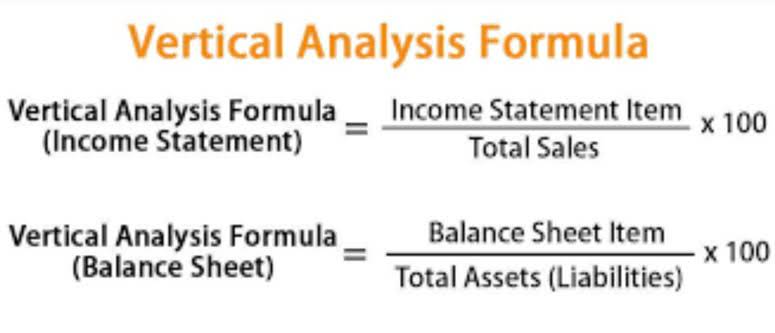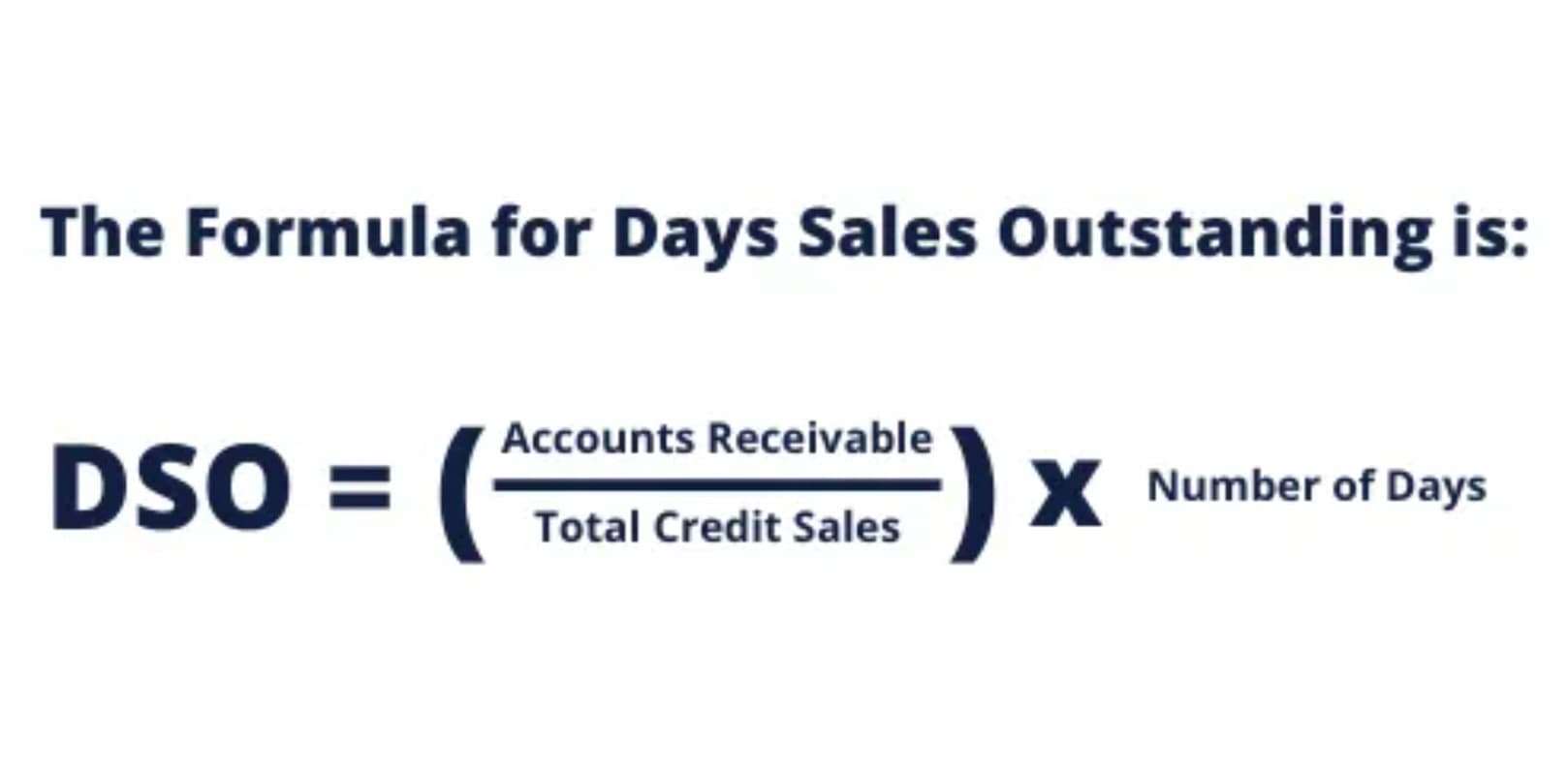
The rules regarding lawyer trust accounts are located in Rule 43 and Rule 42 ER 1.15. Even if you never intend to handle cases that will require you to hold money or other properties for clients, it’s imperative that you understand these obligations. The purpose of a lawyer trust account is to properly maintain the lawyer funds Bookkeeping for Etsy Sellers from the client funds. Lawyers should establish internal controls for managing trust accounts, such as segregating duties related to handling client funds and property to prevent potential misuse or misappropriation.
Is a client trust the same as an IOLTA account?
We also love that they listen to our suggestions and are constantly improving their program to meet their clients’ needs, including recently adding several report features. They make it easy so you can get things done and take your trust accounting off your to-do list. The Law Society’s Trust Account Department has the responsibility for examining records maintained by law practices to ensure they properly account for the money received which is held on behalf of another person. Then that portion, if any, of the payment that is considered an earned fee upon receipt should promptly be withdrawn from the trust account.
“Client Trust” or “Escrow” Accounts
Out-of-state attorneys seeking to enter their appearance on a Pennsylvania case must pay an admission fee of $375 per case to the IOLTA Board prior to filing the motion with the court. Complete your pro hac vice application online and pay the $375 fee by check or credit card. Upon approval of the Supreme Court of PA, the Board makes grants annually to non-profit organizations, law school clinical programs, and administration of justice projects that provide civil legal services free of charge to the poor and disadvantaged. No matter what you practice, Smokeball will transform your firm and business like no other law firm software. Accountants Law Pod PodcastA weekly podcast dedicated to helping bookkeepers, accountants, and attorneys stay up to date on financial best practices within the legal industry.
Contents: Guide To Accounting for Lawyers: Everything You Need to Know

However, the rules surrounding trust accounts can be nebulous at times because they vary state by state, which is why trust accounting can be such a malpractice risk. Despite the fact that every state has an IOLTA program, only 44 of them require lawyers to participate. It’s a lawyer’s professional responsibility to manage these trust accounts with the utmost good faith since failing to stay in line with the law could put you at risk for disbarment. Unfortunately, it is not uncommon for lawyers to commingle funds improperly and get themselves into trouble. Considering the risk of losing everything you worked so hard for, it’s worth going over some of the best practices for trust accounting. This guide is intended to help refresh your memory on the basics of your professional responsibility with trust accounting, and best practices you should know.
- IOLTA accounts are a useful way to keep client funds separate from a law firm’s operating expenses while benefiting the community.
- That’s because any trust account update made in Clio will be automatically updated in QuickBooks or Xero.
- Q. If the Benchmark Rate is selected now, can another option be selected later?
- In re Enstrom, 104 Ill.2d 410, 417, 472 N.E.2d 446, 449, 84 Ill.Dec.
- The rules governing lawyers’ trust accounts and the COLTAF program were most recently amended by the Court effective June 15, 2014.
However, a good practice would be to establish procedures whereby you review all outstanding checks every six (6) months to see what checks are still outstanding and follow up with those payees to try to determine why the checks were not cashed. This practice would supplement, but not take the place of, monthly trust account reconciliations, which involve accounting for outstanding checks. The State of Washington has attorney trust account determined that funds held by a fiduciary that have not been claimed for three years must be remitted as unclaimed property – See item 1 above.
Minnesota Rules of Professional Conduct
- This guide is intended to help refresh your memory on the basics of your professional responsibility with trust accounting, and best practices you should know.
- They also satisfy the requirements of the rule that annual accountings be provided to clients or third persons for whom the lawyer is holding funds.
- RPC 1.15A(i) requires a lawyer to consider putting client funds in an individual client trust account, where the client receives the interest when the amount the lawyer is holding would generate a net return for the client.
- For this reason, it’s incumbent upon lawyers to know the consequences of failing to adhere to the rules regarding attorney trust accounts.
- If there are any funds in the account, such as a minimal amount for potential bank fees or to keep the account open, the bank will usually send a notice to the account holder before closing the account.
Instead of earning interest on the client’s behalf, the interest from an IOLTA account is funneled to bookkeeping state bar associations to fund legal assistance for low-income clients and other charitable causes. Over the years, IOLTA programs have funded many beneficial community legal programs, legal aid offices, and pro-bono work. In order to find if your bank or credit union offers IOLTA accounts, visit the Legal Foundation of Washington’s website and review the list of authorized financial institutions. You will also find information on this page about how your bank can be put on the list. Comment 6 to RPC 1.15A states that a lawyer has a duty to take reasonable steps to locate a client or third person for whom the lawyer is holding funds. If the lawyer cannot locate the person owed funds by the lawyer, the funds should be treated as unclaimed property and submitted to the State of Washington Department of Revenue Unclaimed Property Division.

Keep Separate Business and Client Accounts

Any legal analysis, legislative updates, or other content and links should not be construed as legal or professional advice or a substitute for such advice. If you require legal or professional advice, kindly contact an attorney or other suitable professional advisor. In re Brown, 180 A.D.2d 150, 586 N.Y.S.2d 565, (N.Y. App. Div. 1st Dep’t 1992). (By commingling personal funds with client funds, respondent violated DR9-102(a) and 22 NYCRR § 603.15(a)). It includes case law and substantive updates to the sections on restitution and reimbursement, fund expenses, trustee regulations and determinations, and the funds of missing and unknown clients.

Platinum Leader Banks are financial institutions that go above and beyond eligibility requirements to ensure the success of the IOLTA program and increase funding for legal aid. To see how LawPay can optimize your lawyer trust account management, schedule a demo today and discover how it can transform your trust accounting process. The right tool can streamline your workflow and ensure compiance with attorney trust account rules.

